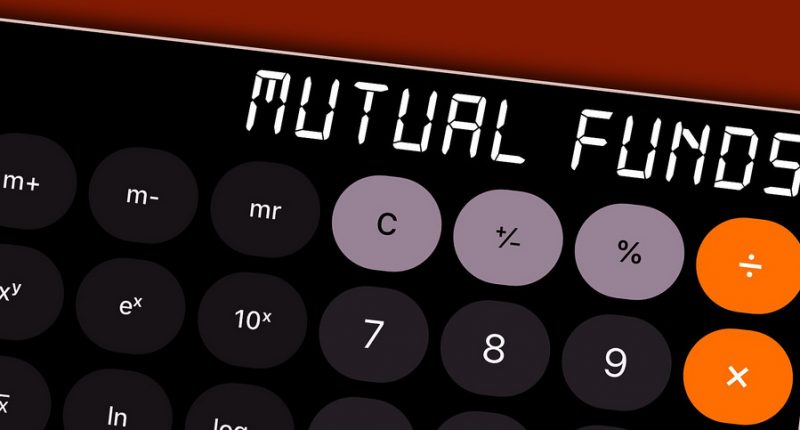Are you looking for multiple investment options to achieve financial goals? Do you seek a transparent investment? You could invest in mutual funds that offer various options to attain a variety of financial goals. Redeeming mutual funds was a hectic process as you had to visit the mutual fund branch and fill a lengthy form. You can now redeem mutual funds online in seconds in a hassle-free manner. However, you must keep some essential points in mind when redeeming mutual funds.
Check the settlement cycle before redeeming equity funds
Stock exchanges must settle security transactions within a set time called the settlement cycle. The settlement cycle is T+3 days for equity mutual funds and balanced funds. However, it will take two more days for the money to reach your bank account if you redeem units of your equity fund on Thursday or Friday.
If you sell equity fund units on Thursday, mutual fund houses will credit the amount to your bank account on Tuesday as there is a weekend between settlement days. However, if you sell equity units on Tuesday, the money gets credited to your bank account on Friday within three days.
You must redeem equity fund units at the beginning of the week to get the money credited to your bank account without delay. Moreover, if there is a public holiday between the settlement day, the settlement date shifts to the next working day.
Check the cutoff timings of mutual funds
You must check the cutoff timing before redeeming units of your equity fund. For instance, if you place an order to redeem equity funds before 3 p.m., the mutual fund house will process your transaction at the same day’s Net Asset Value (NAV).
However, if you place your order to redeem equity fund units after 3 p.m., the fund house will process your transaction at the next day’s NAV. Moreover, all mutual funds other than liquid funds and overnight funds have the same cutoff timing.
If you sell units of liquid funds and overnight funds after 1:30 p.m., the fund house processes your transaction at the next day’s NAV. However, if you sell units of liquid and overnight funds before 1:30 p.m., then you get the NAV of the same day.
Check the holding period of the mutual fund
You must check the holding period, which is when you have stayed invested in the mutual fund. For instance, if you redeem equity funds units after one year, your capital gains are long-term capital gains or LTCG. However, your capital gains on redeeming equity funds within one year are called short term capital gains or STCG.
The taxation of equity funds depends on the holding period of your investment. For instance, LTCG on equity funds above Rs one lakh per financial year is taxed at 10%. However, STCG on equity funds is taxed at 15% with applicable cess.
If you redeem units of your debt fund after three years, your capital gains are called long term capital gains. Moreover, these long term capital gains are taxed at 20% with the indexation benefit. It recalculates the purchase price after accounting for inflation. However, short term capital gains on debt funds are taxed according to your income tax bracket.
You must check the exit load, which are the fees charged by mutual fund houses when redeeming units of mutual funds within a specified time. For instance, some debt funds may not have an exit load, but equity funds generally have an exit load. In a nutshell, you must study the rules governing the redemption of mutual funds which impact your investment.
For any clarifications/feedback on the topic, please contact the writer at cleyon.dsouza@cleartax.in

I write to make complicated financial topics, simple. Writing is my passion and I believe if you find the right words, it’s simple.





